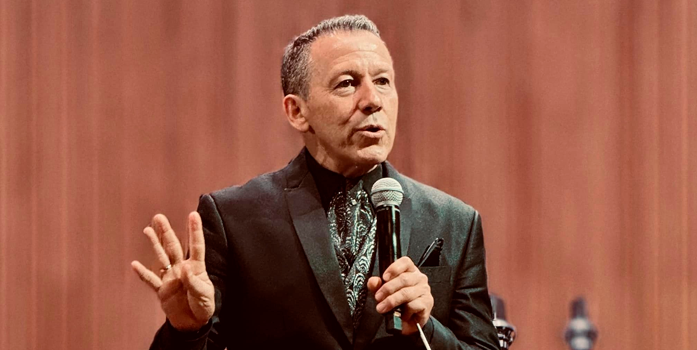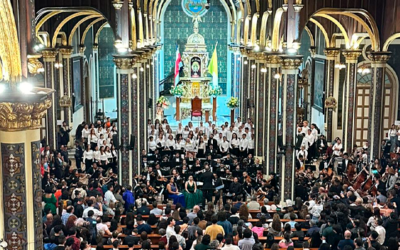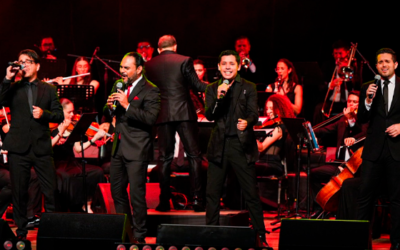On April 3, 2021, I had the honor of receiving from the Russian composer Vladislav Soyfer the score of his Seven Haikus for orchestra to be premiered with the OSUCR, the professional orchestra of the University of Costa Rica, of which I have the privilege of being the artistic director. The premiere of this great work last Friday, April 5, held a deep emotional and spiritual significance for me, as Soyfer was a mentor to my son, Marco. Moreover, in the same year he shared the score with me, Soyfer passed away, never having the chance to hear his music performed live.
The question that lingers in my mind is whether these Haikus were his farewell message, as in Japanese tradition, it is common to write a Haiku as a farewell letter before passing away. Soyfer spent his final years in Costa Rica alongside his daughter Varvara, carrying out exceptional educational work and maintaining the lineage of the Second Viennese School that he inherited from his teacher Philip Hersckowitz, who himself studied under composers Alban Berg and Anton Webern.
The program of that evening also featured “D’un matin de Printemps,” a piece full of color and harmonic freshness by the French composer Lili Boulanger, and to conclude the night, the iconic Symphony No. 9 by Antonin Dvorak, known as the “New World Symphony.”
It was a wonderful night with a completely packed hall, leaving some people unable to enter due to lack of space. The concert was repeated the following day in the beautiful community of San Joaquín de Flores in Heredia, with another full house. However, what truly matters is the overwhelmingly positive reception from the audience to these first concerts of the 2024 season.



